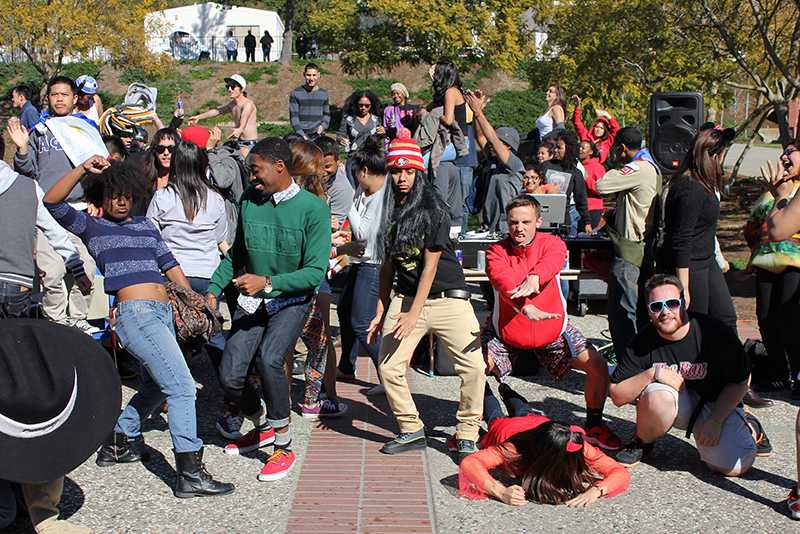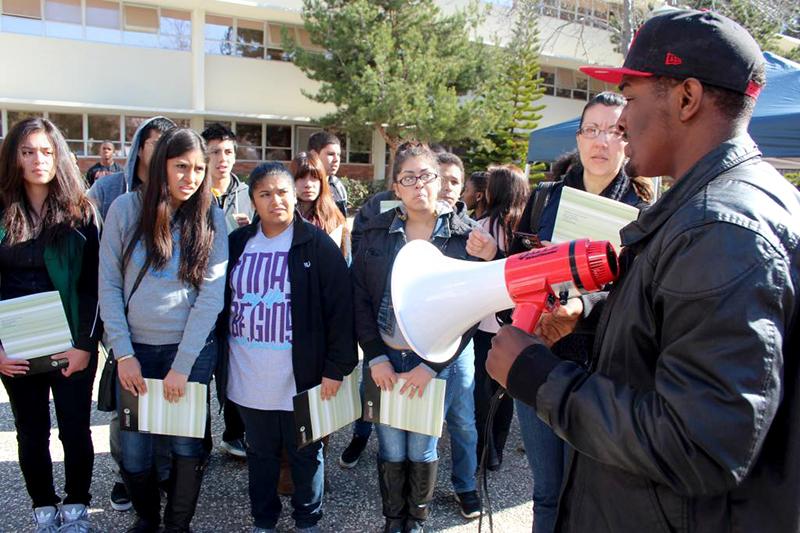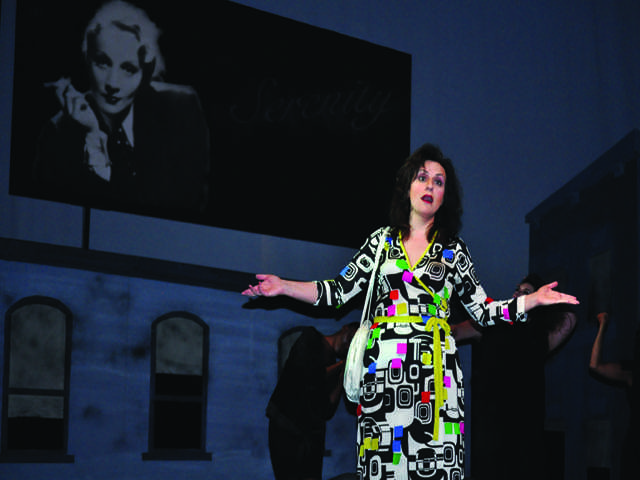 Sept. 17 saw Pope Benedict XVI address members of the British
Parliament at the Palace of Westminster. Here the Pope spoke out
against the “marginalization” of religion in Western society.
Sept. 17 saw Pope Benedict XVI address members of the British
Parliament at the Palace of Westminster. Here the Pope spoke out
against the “marginalization” of religion in Western society.
“I cannot but voice my concern at the increasing
marginalization of religion, particularly of Christianity, that is
taking place in some quarters, even in nations which place a great
emphasis on tolerance,” the Pope said. “There are those who would advocate that the
voice of religion be silenced, or at least relegated to the purely
private sphere.”
In a society dominated by the ideas of secular humanism, such a statement attacks the very core of the assumed convention that there ought to be a separation of
Church and State, between private beliefs and public actions.
Yet, when did Jefferson’s admonition in a private letter to the
Danbury Baptists in 1802 become enshrined public law?
The First Amendment to the Constitution stipulates that “Congress
shall make no law respecting an establishment of religion, or
prohibiting the free exercise thereof.” This means that the government
cannot create a state religion, force citizens to be members of a
religion, or impede citizens in the practice of their chosen faith.
The First Amendment does not stipulate that “Citizens shall not be
permitted to employ faith or religious belief when conducting business
or making political choices.”
As religion can be an all-encompassing set of values, morals, and
principles, the demand made by secular humanists that an individual’s
religious beliefs must be made separate from their public actions is a
grievous form of censorship.
In other words, those individuals who have opted to be religious in
this modern age are required to subscribe to a philosophy, which leaves
no room for a religious voice in issues ranging from taxes to America’s overseas “adventures.”
Such restrictions do not aid, or encourage, a healthy, democratic
society. As the secular beliefs embraced by the West have created
their own prophets and priests in the guise of figures such as Carl Sagan and Bill Maher, one can
argue that secular humanism has become a new state church for the Western world.
It is unsurprising then that religious leaders such as the Pope have begun to demand that this new “state church” be held accountable for
its actions and its failings much in the same way that secular humanists seek to trace the evils of society to religious beliefs.
The Pope argues that the various brands of secularism function as passing fads as they are subject to the ever-shifting court of public opinion.
This tendency towards a relativistic way of looking at and organizing the world, in the Pope’s mind, does not lead to multifaceted social harmony, but muddled confusion as basic principles of right and wrong can be turned upside down by anyone with pretensions towards philosophy.
The Pope has laid down the gauntlet to those who profess the superiority of secular humanism to religious beliefs to prove that religion has inherent worth that challenges
individuals of all creeds, beliefs, and professions to employ what they believe in to build a better world through participation
democratic forums of government.
After all, as a society, we have taken for granted that shunning
religion in the public sphere would bring us harmony.
Instead it has strengthened the hand of religious fundamentalists and
radicals that seek to repeat the excesses of the past in order to
purify the evils, both legitimate and illusory, that they see in society. It has have given secular humanists in government free reign to
govern society’s beliefs and behavior and tailor them to their own
personal whims.
If our society is a grand “marketplace of ideas” for freedom of
expression that secular humanists such as Jefferson and Mills hinted at, then the playing field must be leveled. Secular humanists must no longer disparage or deny those with religious beliefs the freedom to exercise those beliefs when participating in civic life on the mere basis that they disagree with them.
To support anything less than that is naked censorship in the vein of the supposed Inquisitional behavior that certain secular humanists have delighted in labeling all religious individuals as partaking in by merely following their beliefs.
Note: The views and opinions contained within these articles are those solely those of the author and do not represent the views and opinions of the Pioneer newspaper or Cal State East Bay students, staff, and faculty.






